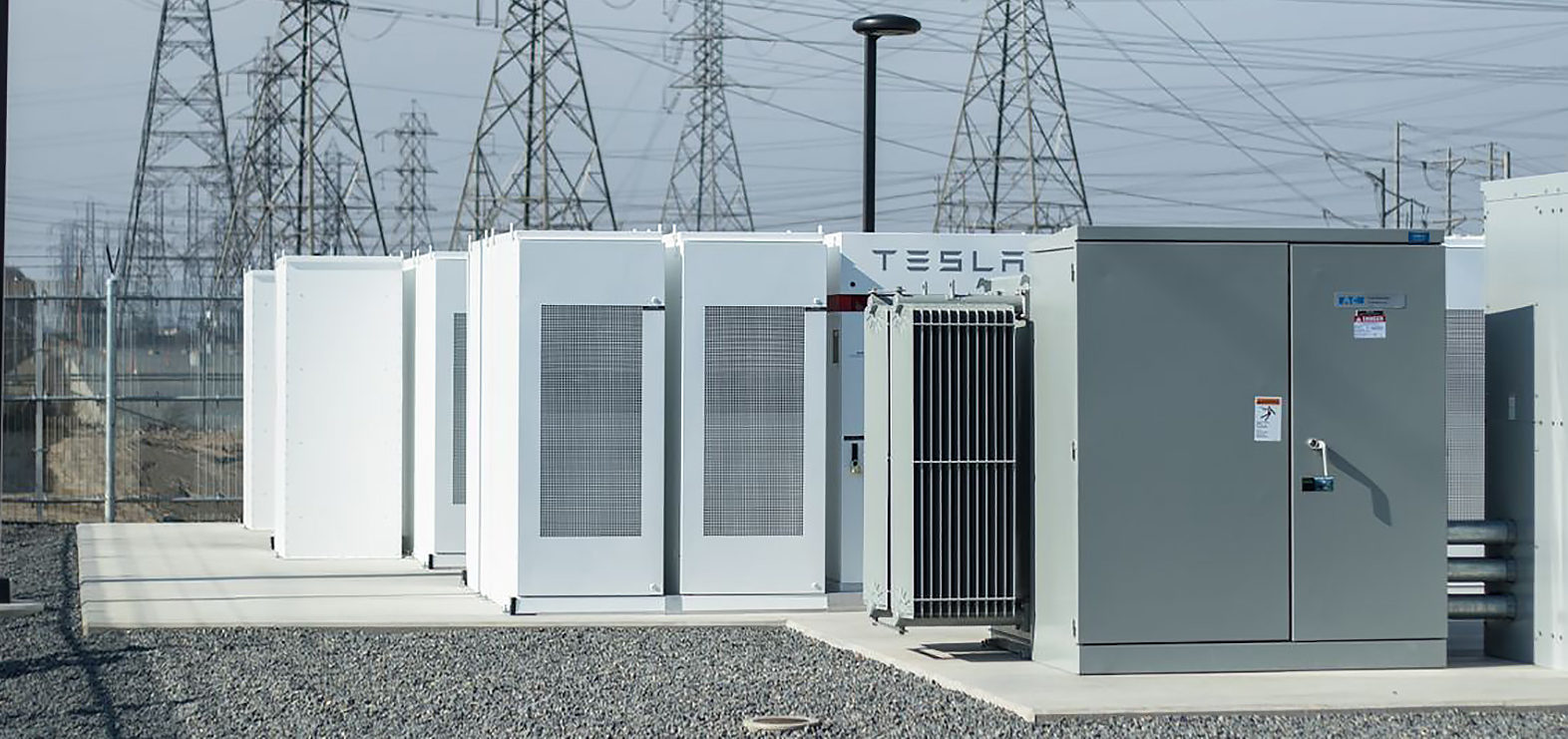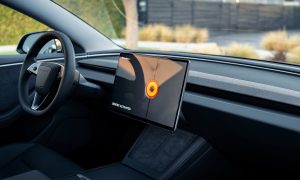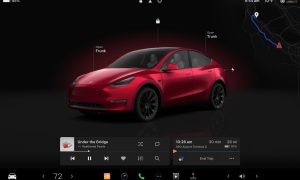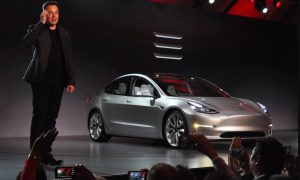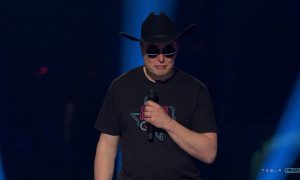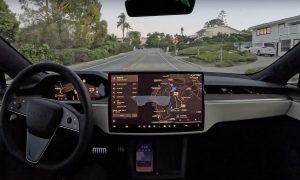A Southern Australia energy plan has sparked an outcry from Tesla and other energy companies as a project that doesn’t propel green energy development in the region.
The Energy Security Target is aiming to mimic a federal plan called the Renewable Energy Target, which requires 20 percent of Australia’s electricity to be produced from renewable resources by 2020.
According to the plan’s website, the EST’s goal is to “create new investment in cleaner energy to increase competition, put downward pressure on prices and provide more energy system stability.”
However, the EST’s structure is not based on incentivizing renewable energy companies to expand in Southern Australia. Instead, it focuses on driving prices down by requiring companies to source 36 percent of power from local generators in Southern Australia. This could lead to companies utilizing power from gas generators or other resources.
Tesla slammed the plan, saying that it could lead to a market that favors non-renewable energy.
“We do not feel that the draft regulations and supporting consultation paper are representative of the current South Australian position as leaders and innovators in the renewable energy space,” Tesla’s Mark Twidell wrote.
Tesla has a major stake in the Southern Australia power market as it begins producing the world’s biggest lithium-ion battery to help source a nearby wind farm. Some are saying the news may have poisoned the “Bromance” between Elon Musk and Southern Australia Premier Jay Weatherill.
Either way, Tesla is clearly not excited by the plan, saying it will “hold back technology innovation whilst incentivising incumbent technology … imposing barriers on innovation by excluding rapidly evolving fast response technologies.”
“The approach will not improve the ‘dispatchability’ of South Australia’s large penetration of wind generation — and as a result will not drive low emissions or low-cost electricity generation,” Tesla said.
Other companies were also less than thrilled by the plan. Energy Users of Australia said that the plan would fall well short of achieving its goal.
“We believe it will add significant cost to the annual electricity bills of South Australian energy users without necessarily altering the nature or structure of the local market to provide greater system security,” wrote Andrew Richards, a chief executive for the company.
The government, however, seemed less than receptive to Tesla’s concerns. Energy Minister Tom Koutsantonis downplayed the issues saying the EST “will incentivise more generation” and “lower wholesale electricity prices.”
As Tesla moves forward with its battery project, all eyes will remain on Southern Australia to determine if the region will help bolster renewable energy

